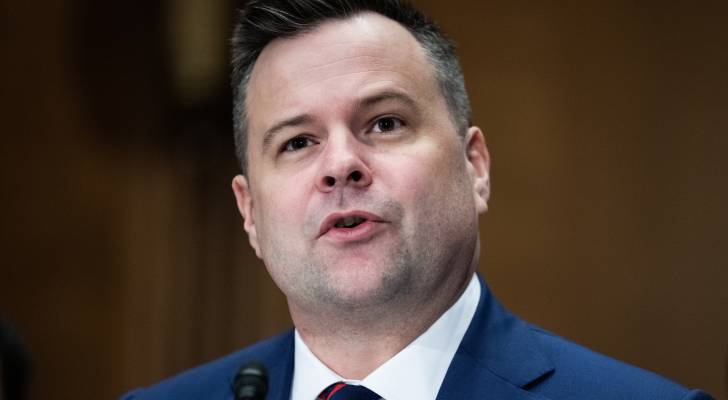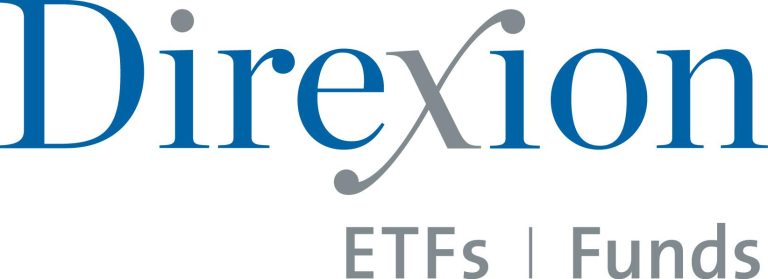
President Donald Trump‘s newly appointed housing chief has made waves by launching a dramatic shakeup at mortgage giants Fannie Mae and Freddie Mac, potentially reshaping America’s mortgage market.
William Pulte, a private equity executive whose family founded one of the country’s largest homebuilding companies, took charge of the Federal Housing Finance Agency (FHFA) on March 13. The regulator is responsible for overseeing both Fannie Mae and Freddie Mac. Pulte wasted no time in executing a dramatic purge of leadership at both mortgage giants.
Don’t miss
- I’m 49 years old and have nothing saved for retirement — what should I do? Don’t panic. Here are 5 of the easiest ways you can catch up (and fast)
- Gain potential quarterly income through this $1B private real estate fund — even if you’re not a millionaire. Here’s how to get started with as little as $10
- Car insurance premiums could spike 8% by the end of 2025 — thanks to tariffs on car imports and auto parts from Canada and Mexico. But here’s how 2 minutes can save you hundreds of dollars right now
According to multiple reports, a number of board members across Fannie Mae and Freddie Mac were swiftly replaced, with Pulte installing himself as chairman of both entities. Freddie Mac’s CEO Diana Reid, a long-serving executive, was also removed — sending a clear message about the scope and seriousness of this transformation.
So, what do these abrupt changes signal for the housing market and the mortgages of millions of American homeowners?
Privatization speculation
Pulte’s bold moves have ignited speculation the Trump administration is pushing to privatize Fannie Mae and Freddie Mac. Both are government-sponsored entities (GSEs) and have been under federal conservatorship since the 2008 financial crisis in which they were bailed out. Together, the companies back 70% of the mortgage market, according to The New York Times. Skeptics believe privatization would make buying a home more expensive in the midst of a housing affordability crisis.
“It would mean that mortgage rates would increase — definitely,” Laurie Goodman, founder of the Housing Finance Policy Center at the Urban Institute, a think tank in Washington, D.C., said to the news publication.
Meanwhile, privatization could be a boon for both investors and the federal government. Depending on the structure of the deal, privatizing could generate billions of dollars in revenue for an administration that’s focused on cutting down wasteful spending across the board. Placing these companies in private hands would also free the government from potential future bailout obligations.
For his part, Pulte has struck a measured tone publicly. He told CNN that “it’s critical to ensure any discussion about exiting conservatorship needs not only to ensure safety and soundness but how it would affect mortgage rates.”
Read more: Thanks to Jeff Bezos, you can now become a landlord for as little as $100 — and no, you don’t have to deal with tenants or fix freezers. Here’s how
Impact on the housing market
Why do critics think privatizing these entities would increase borrowing rates? Fannie Mae and Freddie Mac don’t directly issue mortgages — rather they buy mortgages from lenders and package them for investors as securities. This maintains cash flow within the mortgage industry, allowing lenders to offer stable, affordable rates, experts say.
But if the federal government no longer backs these entities, their safety net goes with it.
“When the government is backing an entity’s products and services, it helps to reduce risk, especially in the generating of loans,” Alex Beene, financial literacy instructor for the University of Tennessee at Martin, told Newsweek. “Removing it opens the door to higher interest rates for those looking to buy or refinance. It could also lead to more restrictive policies in even getting a loan, as lenders react more cautiously to some buyers.”
Increased rates could affect affordability, particularly for first-time buyers or those with modest incomes already stretched thin by soaring home prices.
As for homeowners with existing mortgages may also be affected if they ever want to refinance their loan. It may be less likely you can reduce your monthly payments if you’re struggling to get by.
The long-term impact of this housing shakeup remain uncertain, however, homebuyers and homeowners could serve themselves well by staying informed so they can navigate potential changes effectively.
What to read next
- Want an extra $1,300,000 when you retire? Dave Ramsey says this 7-step plan ‘works every single time’ to kill debt, get rich in America — and that ‘anyone’ can do it
- Here are 5 ‘must have’ items that Americans (almost) always overpay for — and very quickly regret. How many are hurting you?
- Do you rely on your monthly Social Security check to get by? Here are 5 simple money moves for American seniors during Trump’s presidency
This article provides information only and should not be construed as advice. It is provided without warranty of any kind.


